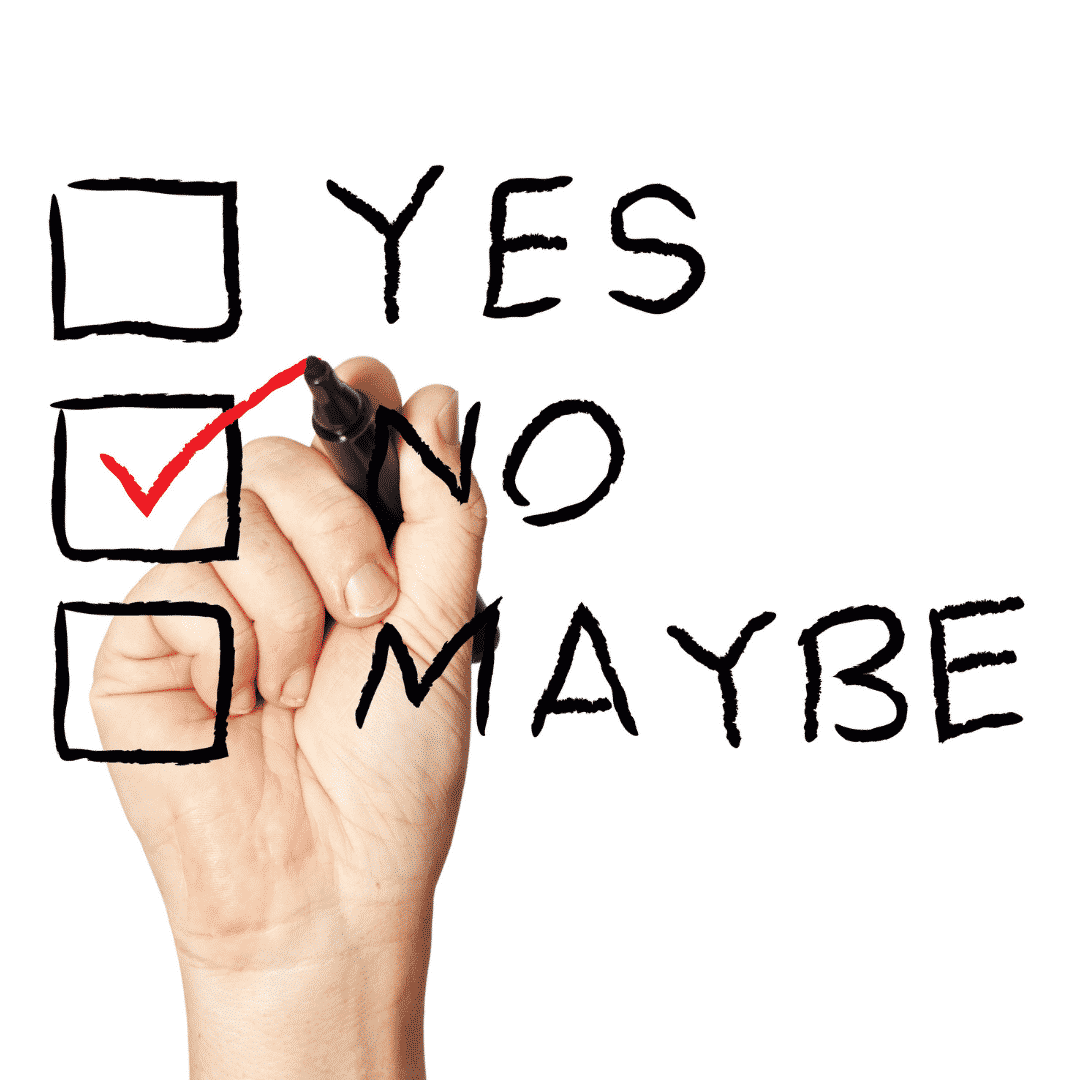“NO”
Such a small word.
Such a difficult word to say.
Why is it so difficult to say “no”?
As social animals we want to belong and be loved and the thought of being rejected is just super scary!
So we create many stories to protect ourselves and prevent us from saying “no”:
- I don’t want to disappoint them
- I don’t want them to think that I can’t
- I don’t like conflicts
- I’m afraid of his reaction
- If I say no it will hurt her
- If I say no he won’t love me
- I don’t want to be selfish
- I’m a nice person, I care about others
- I don’t want be the fussy one
- …
Of course, these are stories. We have no idea what will happen if we say no.
But the fear is there and we rather say yes.
We believe that this yes will protect us from the rejection of others.
It probably does for a while… but in the process, what we do is actually ignore our values, our needs, our limits and reject ourselves… More frightening, right?




Recent Comments